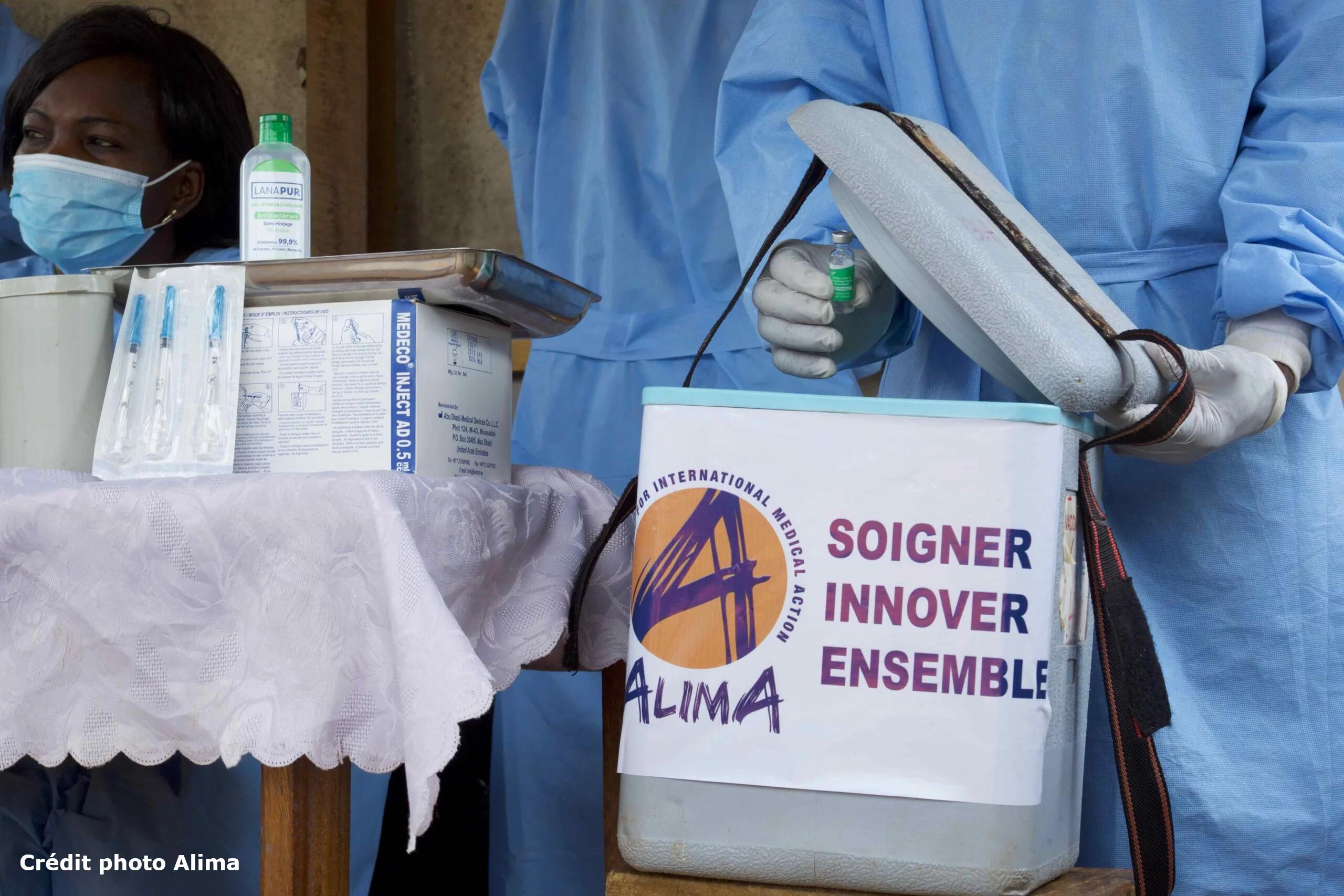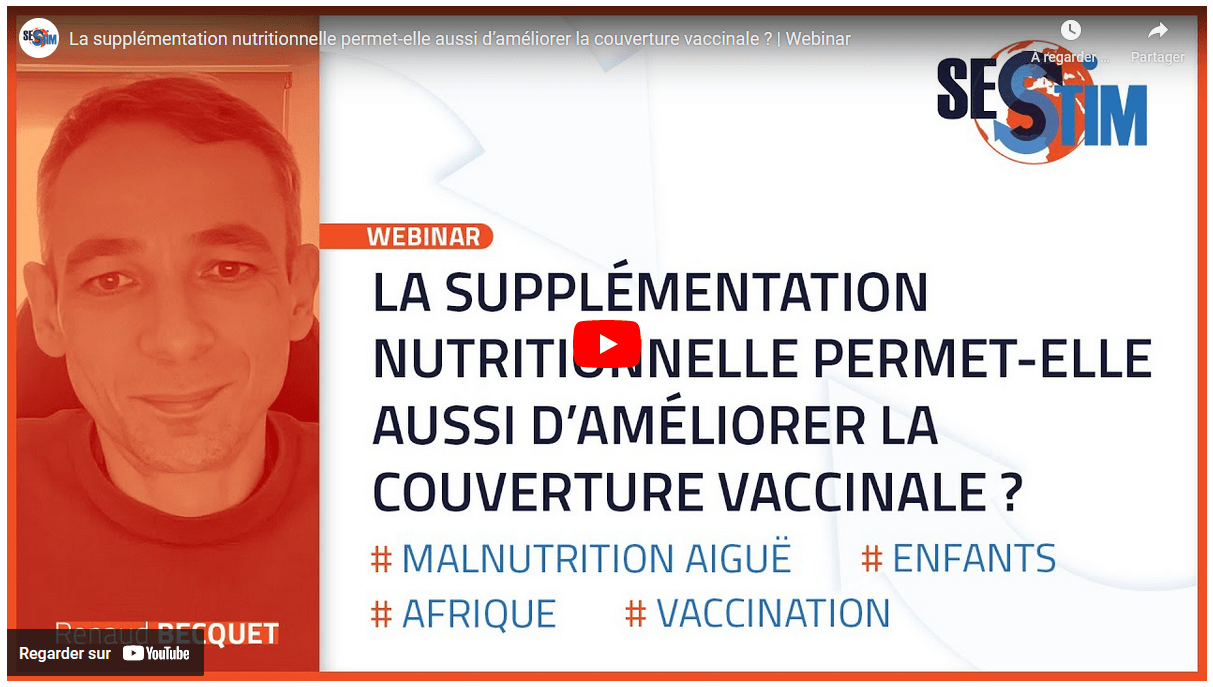Can nutritional supplementation also improve vaccination coverage?
Retour
Can nutritional supplementation also improve vaccination coverage?
Does access to nutritional supplements to prevent child malnutrition also improve immunisation coverage among these children in sub-Saharan Africa? Methodological reflections on the study design best suited to the context of humanitarian crises.
The GHiGS team (Inserm/IRD/University of Bordeaux) has been working for 8 years now with the humanitarian NGO ALIMA and the PACCI research programme in Abidjan to co-construct clinical research projects aimed at improving mother and child health during humanitarian crises. One of the working areas is to break down the barriers between vertical programmes and take a more global approach to health, aiming to create synergies between these different programmes.

At a time when the operational implementation of childhood vaccines on the ground continues to be a real public health challenge in many decentralised areas of Africa, we believe that the Lipid-based Nutritional Supplement (SQ-LNS) could be an innovative clinical solution for encouraging vaccination while preventing acute malnutrition in African children.
In this webinar, Renaud Becquet details these issues and in particular the methodological considerations regarding the study design best suited to these humanitarian crisis contexts (individual randomisation, classic cluster or step-wedge cluster), setting out the advantages and disadvantages of each of these study designs. This presentation is also an opportunity to reiterate the importance of scientific engineering in the success of research projects led by the GHiGS team, based on the model of the Franco-Ivorian PRISME-CI platform.
https://sesstim.univ-amu.fr/fr/video-box/webinar-quantim-renaud-becquet



